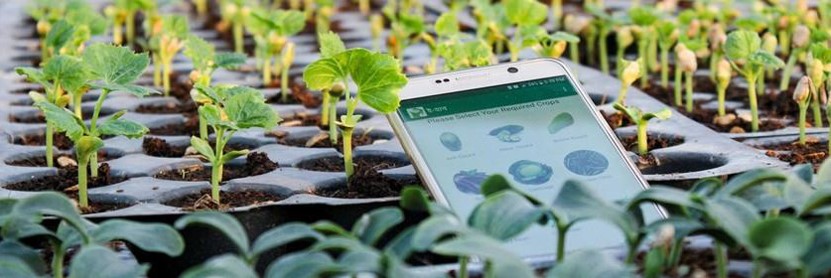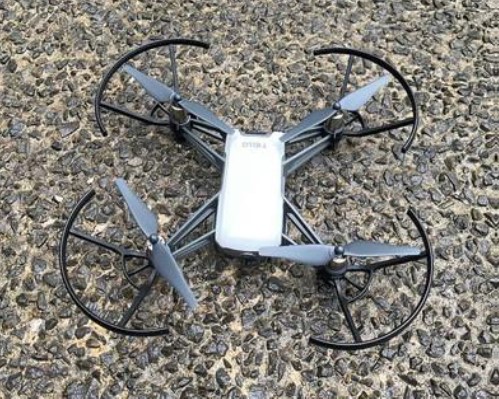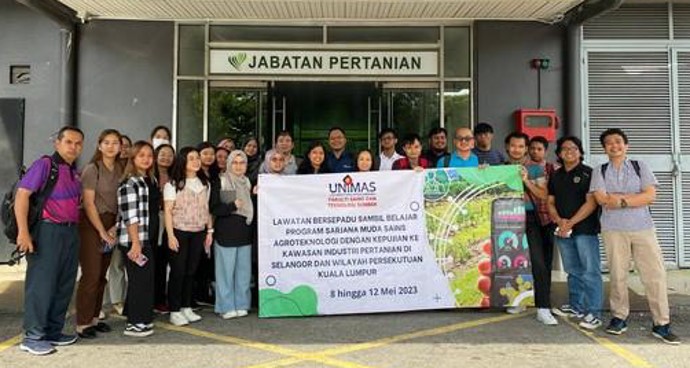The Agrotechnology Programme is the latest addition to the academic offerings provided by the Faculty of Resource Science and Technology (FRST) in UNIMAS. Recently, UNIMAS Gazette had the privilege of interviewing Dr. Surisa Phornvillay, a lecturer, and Ms. Esther Hansen, a second-year student in the programme, to explore the question: What do AGROTECHNOLOGISTS do?

Students enrolled in the Agrotechnology Programme embark on a comprehensive four-year journey covering various facets of agriculture and technology. In the initial stage, they participate in a lecture-based learning environment and lab classes that lay the foundation with essential courses in biology, chemistry, and mathematics, establishing a robust scientific basis for their agrotechnology studies. The curriculum guides students in utilizing technology in agriculture, incorporating precision farming techniques, drones, and sensor-based systems for crop production monitoring and enhancement. Emphasis is placed on exploring sustainable agriculture and environmental stewardship, encompassing soil conservation and water management, preparing students with practical ideas for real-world application. As the program progresses, students engage in field trips and practical experiences on farms or research facilities, allowing them to apply their knowledge in authentic settings.

The integration of technology in innovative urban agriculture is a key focus, encompassing hydroponics, aeroponics, LED lighting, and precision agriculture. This approach enables efficient and sustainable food production in urban environments. The emergence of robotic and AI-powered agricultural installations reflects the infusion of technologies such as AI, robotics, and automation into the agriculture sector. Agrotechnology finds application in sustainable community farms and gardens, with an emphasis on community-centered urban farms employing techniques like aquaponics, aeroponics, and greenhouses powered by renewable energy to bolster food security.
A noteworthy trend in modern agrotechnology is the utilization of drones, particularly for large-scale agricultural practices. Students in the program are exposed to proper drone usage for farm monitoring, learning the dos and don’ts of drone operation. As drone technology and analytics improve while costs decrease, the adoption of drones in agriculture is rapidly expanding, introducing innovative applications to support more productive and sustainable crop cultivation.

In the first semester of Year 1, students are introduced to agricultural fundamentals, with classes enriched by laboratory experiments focusing on plant physiology basics. The excitement peaks in Semester 2 when students are tasked with conducting a hydroponic system in the lab. This hands-on experience involves assembling the hydroponic system and working on the piping system. Midway through Semester 2, agrotechnology students embark on field trips to various companies engaged in agrotechnology-related activities and government agencies such as the Department of Agriculture (DOA). The Agrotechnology Programme in FRST aspires to be a centre of academic excellence in sustainable farming, producing future agrotechnologists equipped with a diverse set of valuable high-tech skills applicable to modern data-driven farming practices.

